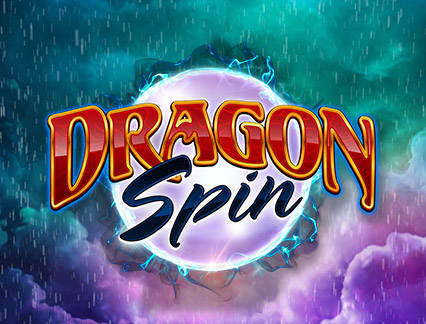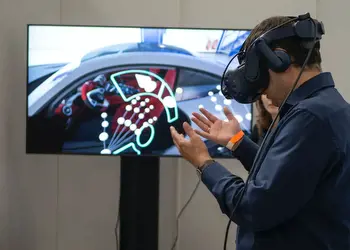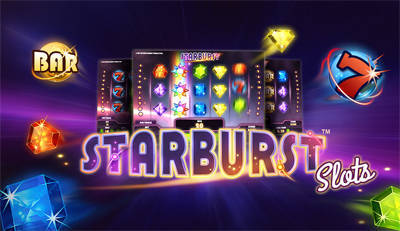iGaming must adapt to Gen Z, AI, metaverse: Uplatform

Agents for change in terms of online casino business include generational shifts in consumer preferences; competition from other forms of entertainment; the role of artificial intelligence (AI) and the metaverse; as well as responsible-gambling and regulatory developments, says a white paper from Uplatform, a service provider for sports betting and online casino operators.
Uplatform stated that one of the most significant shifts market-wise was “the influx of millennials and Gen Z players into the industry”.
The term “Gen Z” is used by marketing professionals to refer to those consumers born between 1996 and 2010.
McKinsey & Co, a market research specialist, suggests that “this generation’s identity has been shaped by the digital age, climate anxiety, a shifting financial landscape, and Covid-19”.
Uplatform noted that the Pew Research Center, a United States-based think tank, defined Gen Z as people currently aged 9 to 24 years old.
“Although a significant portion of this age group is not yet legally allowed to gamble, in many states, the minimum age to play is 18,” said Uplatform in its paper.
“As a result, approximately 20 percent of Gen-Z are eligible for legal gambling at online casinos,” it added.
Uplatform also observed that the National Council on Problem Gambling in the U.S. had released research in March indicating that gambling was already a popular activity among older Gen Z members.
Uplatform stated that in the online gaming operator context, “it is crucial to adapt and cater to the preferences of these younger generations while also maintaining a balance to appeal to the older demographic”.
AI, the metaverse
AI was also making inroads into the online gaming sector, Uplatform further noted.
The brand said: “AI slots [slot machines] can recommend themes, bonus features, or specific games that are likely to resonate with a particular player based on their past activities and preferences.”
The introduction of AI in the online gaming market had led to the development of what Uplatform termed “smart” random number generators (RNGs) for slot gaming.
“Instead of purely random outcomes, these smart RNGs take player preferences into account, creating an illusion of randomness while still aligning with the player’s inclinations,” said the Uplatform white paper.
The document also noted that online casinos were now exploring the potential of live casino games streamed in real time, to attract and engage users. “One of the primary advantages of live-streaming is its ability to create an immersive and social experience,” stated Uplatform.
The white paper addressed the issue for online brands of navigating “a complex landscape of regulations and restrictions”.
“Traditional advertising channels may have restrictions on promoting gambling, and a casino platform – like on social media – often has strict policies regarding gambling-related content,” stated Uplatform.
“This necessitates finding new and creative ways of promotion within the boundaries of the regulations. Online casinos may need to focus on alternative channels such as content marketing, influencer partnerships, and affiliate programmes,” added the services provider.
It said that at the same time, online casinos “should invest in player-protection measures to ensure responsible gambling practices”. This included “providing resources and information about responsible gambling, implementing spending limits, and offering tools for players to track their gambling activities and set personal limits”.
In terms of the transformative effect of the metaverse regarding online gaming, Uplatform’s paper observed: “While social media has traditionally focused on virtually connecting individuals, the metaverse revolves around immersive interaction. This shift becomes evident as various platforms originally designed for gaming, such as Roblox and Fortnite, progressively evolve into arenas for social engagement.”






































